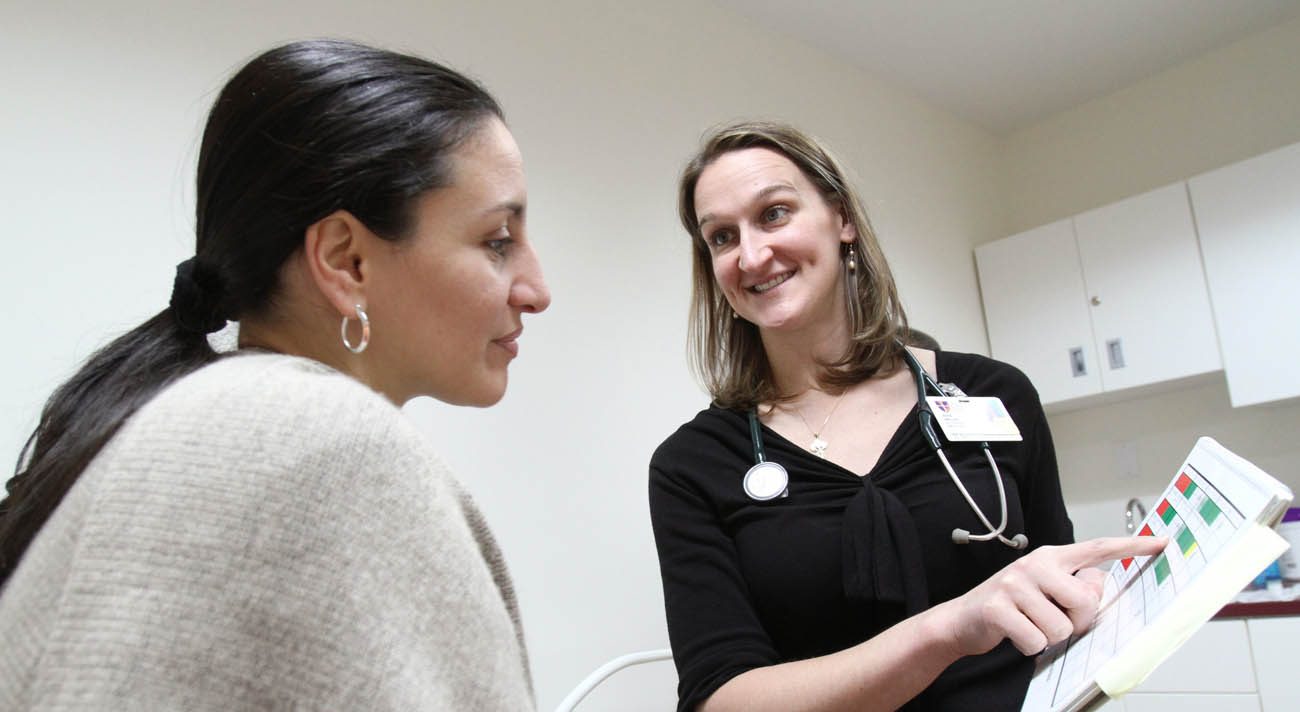WASHINGTON (CNS) — Natural Cycles recently gained international attention as the first cellphone app to be recognized as a contraceptive by the European Union.
The app’s algorithm uses readings from a two-decimal basal thermometer to determine days of fertility or infertility.
But with nearly 100 fertility tracking apps available on the market, how do women know which are reliable and effective?
[hotblock]
“Not all apps are created equal. Many are useless (they make use of calendar rhythm info) and don’t help a woman to understand her signs of fertility,” said Theresa Notare, assistant director of natural family planning in the Secretariat of Laity, Marriage, Family Life and Youth at the U.S. Conference of Catholic Bishops.
“Women ought to be careful and do some research on any app claiming to help track the biomarkers for use in natural family planning,” advised Notare.
A 2016 study published in the Journal of the American Board of Family Medicine evaluated the accuracy of 40 fertility tracking apps to predict potential days of fertility using real cycle data.
Thirty apps predicted days of fertility, while 10 did not. Natural Cycles ranked 15 out of the 30. The first six apps — Ovulation Mentor, Sympto.org, iCycleBeads, LilyPro, Lady Cycle and mfNPF.net — were the only apps to either score perfectly on accuracy or have no false negatives, meaning days of fertility incorrectly classified as infertile.
“Women are smarter than their smartphones,” said Dr. Marguerite Duane, one of the authors of the study and executive director of Fertility Appreciation Collaborative to Teach the Science, an organization aimed at educating physicians and health care professionals on the science behind natural family planning methods, also called fertility awareness-based methods.
[hotblock2]
“I have no problem with women using an app, but I discourage women from learning from an app — with very few exceptions,” Duane told Catholic News Service. She recommends that women learn natural family planning methods from a certified instructor, not from an app or book. Learning to read and chart biomarkers like cervical mucus or identifying possible signs of infection can get confusing, she said.
“Your fertility is a chronic condition,” said Duane. “You’re living with it for about 30 to 40 years.” It would be poor medical care to rely solely on apps for other chronic conditions, like diabetes, she said.
“The reality is that most effectiveness studies of the methods were done in women who learned how to use the method from a trained instructor,” she added.
PREVIOUS: Health bill must protect poor, unborn and conscience rights, bishop says
NEXT: Doing well and doing good: Charities wary of Trump tax plan




Share this story